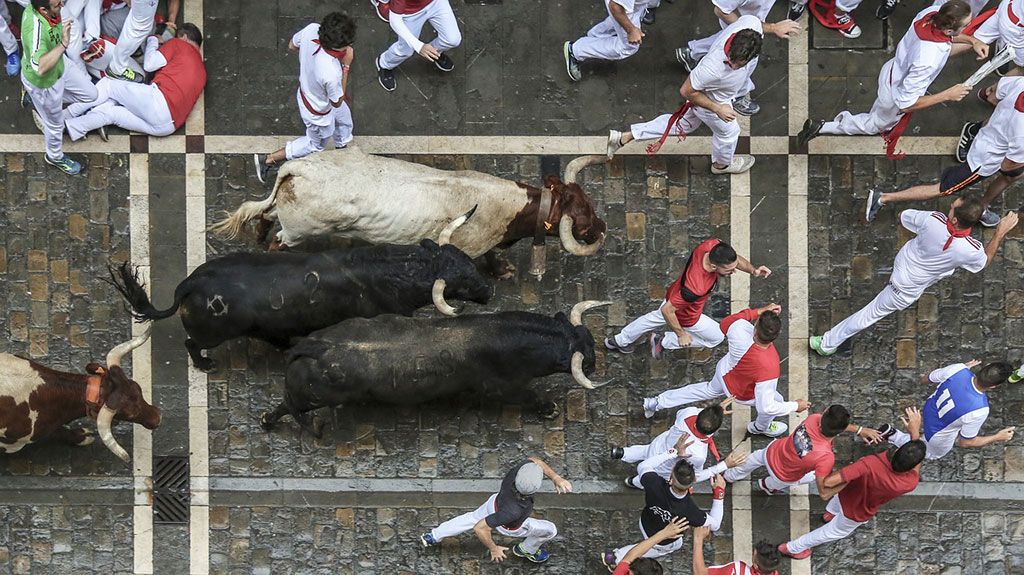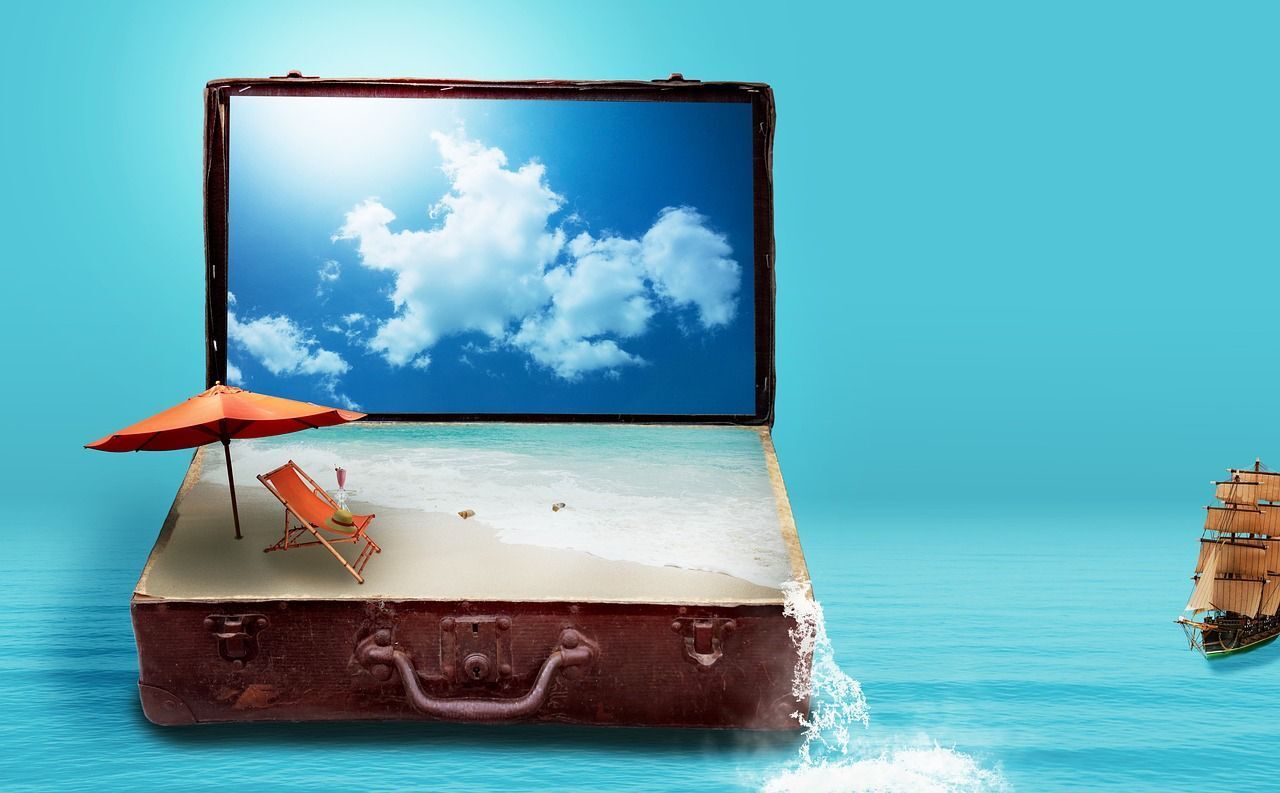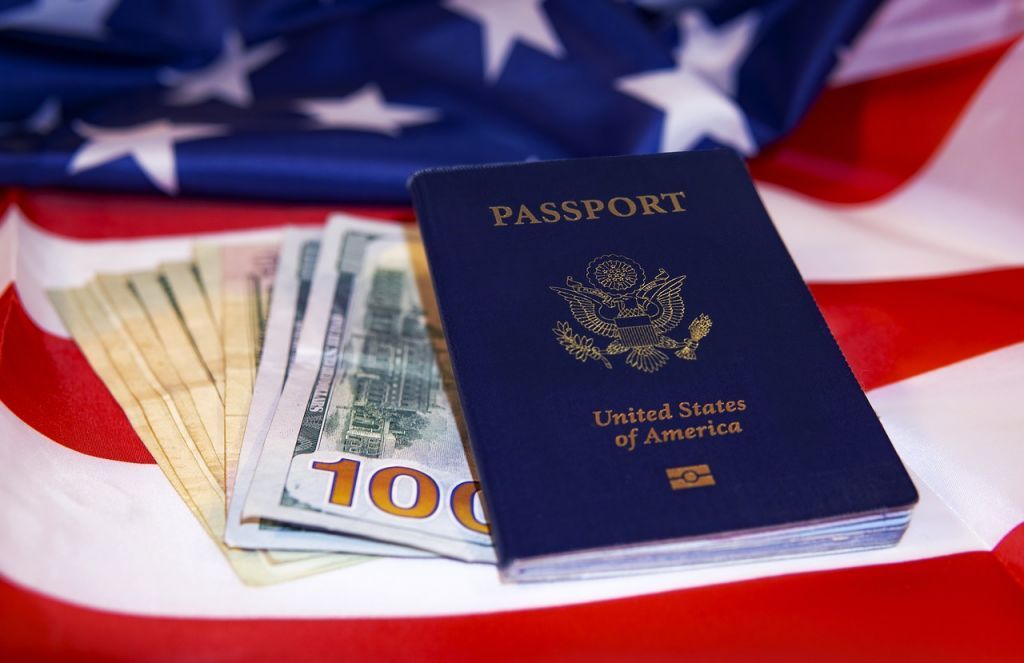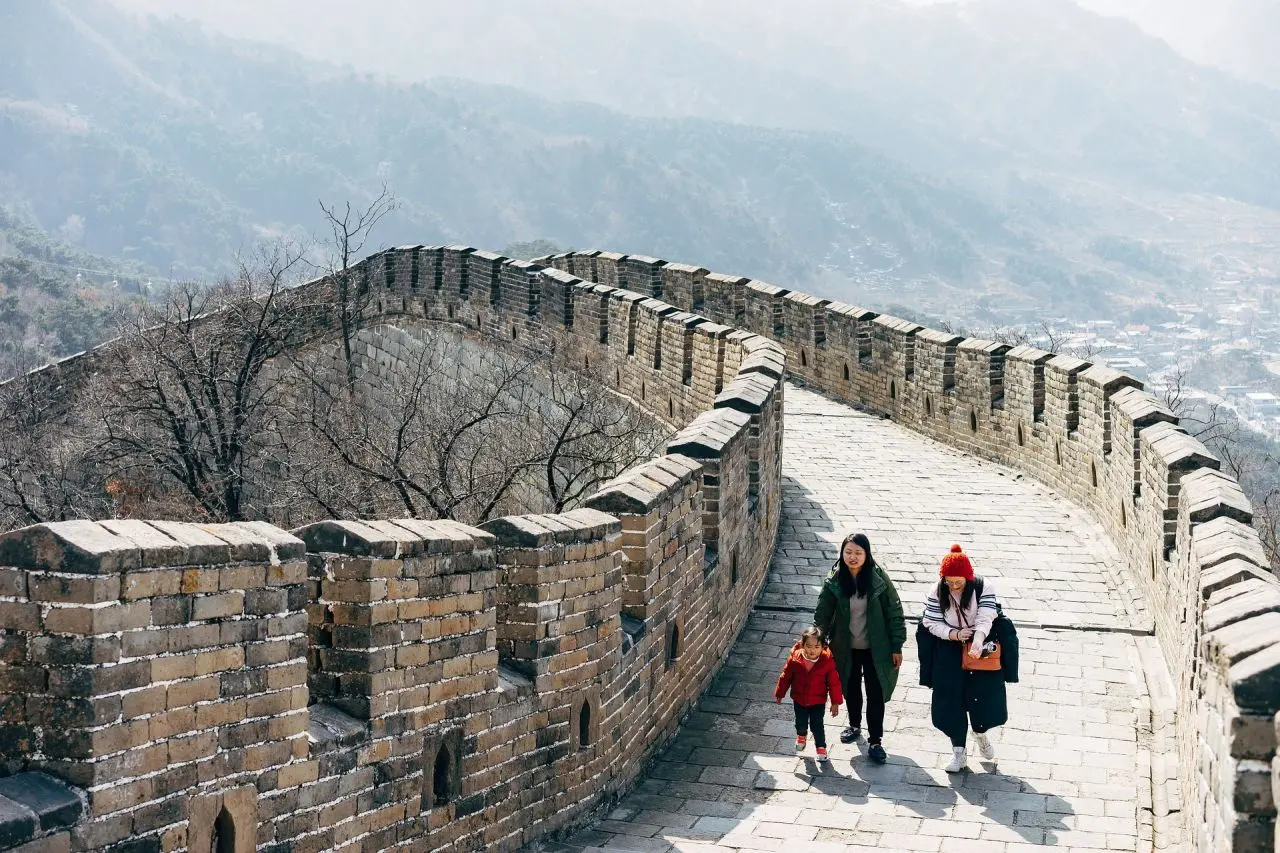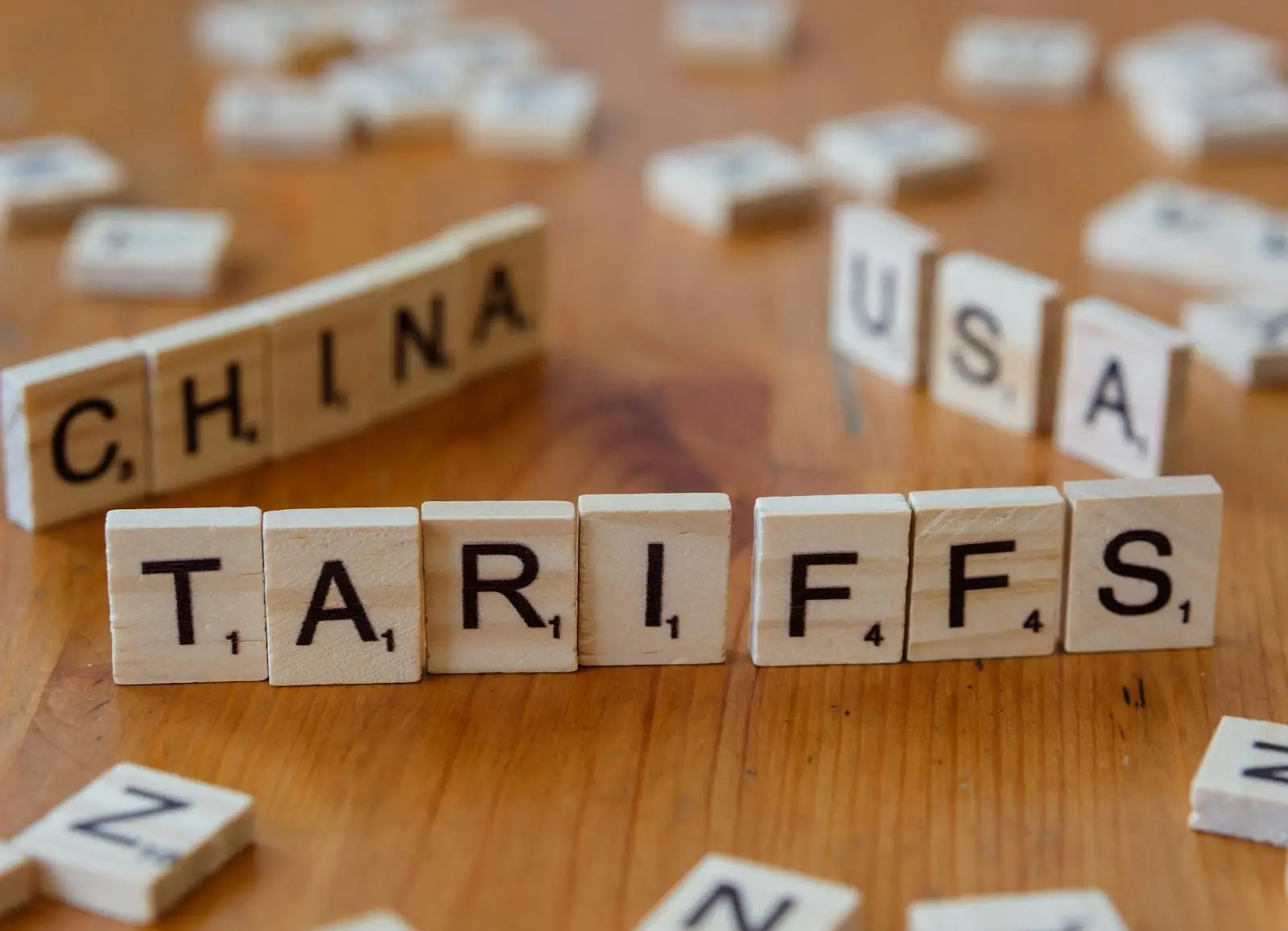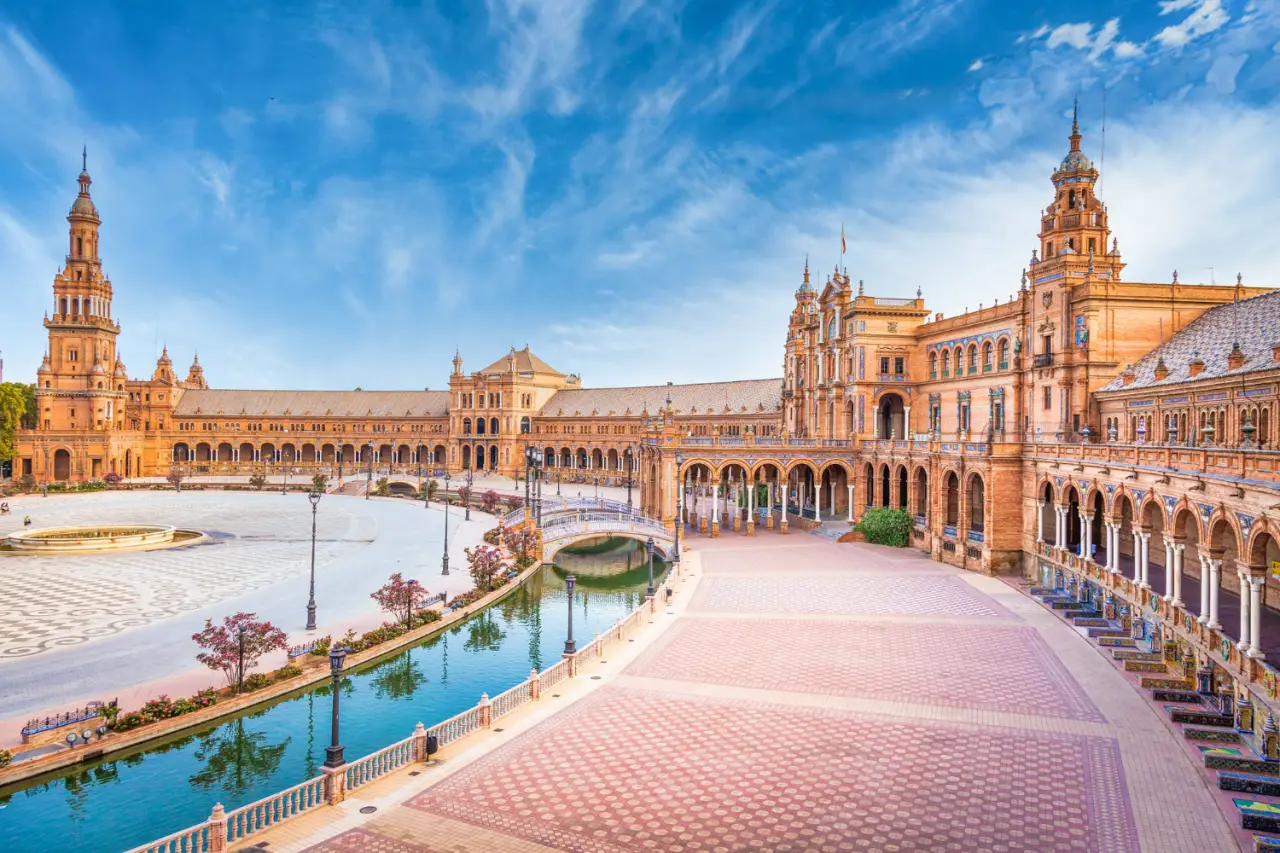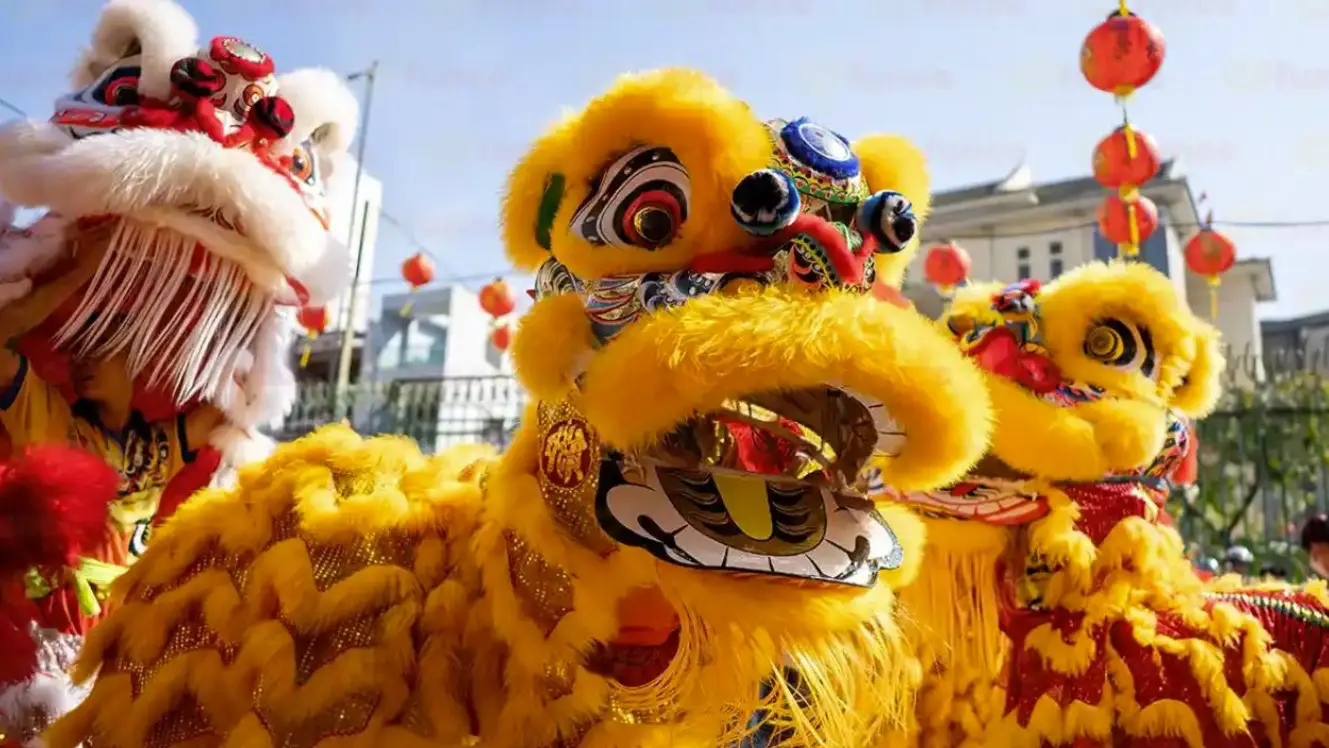United Nations World Tourism Organization’s (UNWTO) Tourism Highlights report says that Chinese tourists spent $258 billion on international tourism in 2017, almost one-fifth of the world’s total tourism spending and China continues to lead global outbound travel. Another report reveals the travel trends in China.
Culture travel is on a fast growth path as recent findings of the ITB China Travel Trends Report revealed. The surveyed Chinese travel agents see the fastest growth rate in culture travel, with 62% of the respondents reporting an expected growth of 30% or more over the next three years. Local experience programs and scenery are what travelers care most about when going on a culture trip, according to the surveyed travel agents. At the core of this theme is a wish to experience the local culture of a destination and to understand it better by learning more about its history and its customs. This can be either through cultural institutions such as museums, through immersion in the local culture, or through attending cultural events. Culture travel is also the theme for which travelers, according to survey respondents, have the highest willingness to pay.
The ITB China Travel Trends Report was created in collaboration with the international consulting and research company Kairos Future and will be presented at ITB China, set to take place from the 15 to 17 May 2019 in Shanghai.
The stories of a place are important to inspire cultural travelers to visit a destination. Travelers may be inspired through films, history books, food, or some other experience that connects culturally to a destination. Apart from museums and other traditional institutions, more immersive travel products are gaining popularity and the demand for different cultural experiences is becoming increasingly diverse.
In some aspects, culture travel is traditional: this is the travel theme in which traditional tourism sights, in particular museums and spots with historic significance, are most important. Other travel products are also becoming popular and the demand is getting increasingly diverse. Many of today’s Chinese travelers visiting Europe, for example, are keen to experience local wine culture through visiting wineries and to sample and learn about the local cuisine. Overall, the experience offered through a culture travel product is increasingly targeting more specific demands.
With many culture travelers – who are typically older than travelers opting for other themes – facing a language barrier when traveling abroad, Chinese-speaking guides will stay in demand and are described by interviewees as an upgraded service for Chinese travelers. Experts and ‘opinion leaders’ at the destinations – preferably Chinese-speaking – can ideally be engaged by tour operators for guiding services as well as for product development to increase the perceived authenticity of tours.
Just like for sports trips, events are important also for culture travel. Three types of seasonal events are mentioned by the interviewed experts. One is art and music festivals, such as the Mozart Week in Salzburg. Another type is food-and-drinks-related, with Munich’s Oktoberfest as the prime example. Finally, local festivals connected to local or national holidays – such as the Running of the Bulls during the San Fermín festival in Pamplona, Spain.
Another China travel trend is Sports Travel.

